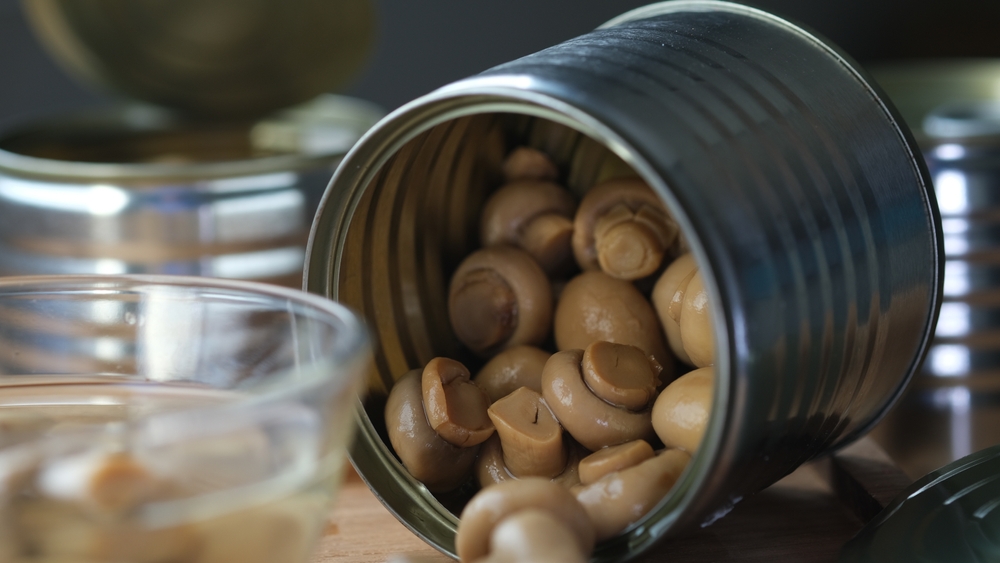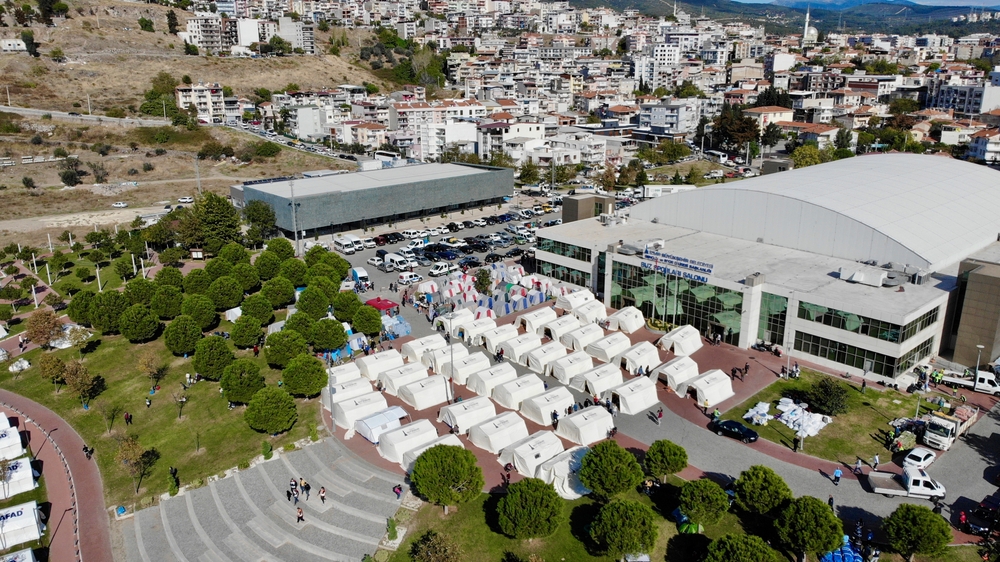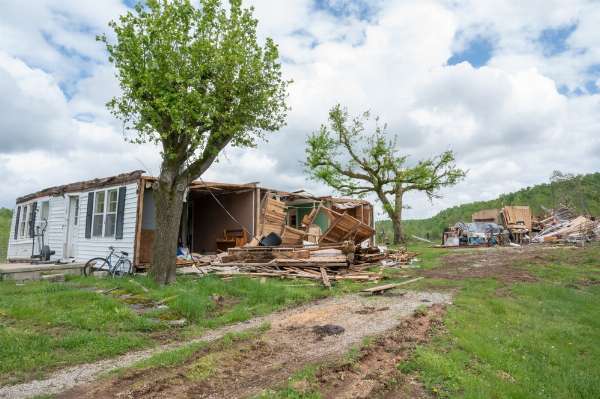Anywhere in the world, we see disaster after disaster catch us by surprise. While it might be tempting to feel hopeless and resigned, there’s a lot you can do to help victims and prepare yourself in the event tragedy strikes.
Natural disasters are impossible to predict, but taking preventive measures can soften the blows presented by natural disasters. By heeding some of the recommendations outlined below, you and your family will fare better in the face of a natural disaster.
Make a Plan
While you’ll have to improvise in the face of a natural disaster, you don’t want to be caught entirely off guard. Instead, you want a plan that everyone in your family understands and can execute when the time comes.
Agree on a few locations where you can meet if you’re separated, especially if you’re dealing with a large-scale disaster that requires you to leave your home. Deciding on a meeting place ahead of time is extremely important, as cell phone service and internet connections can be disrupted during emergencies. Pick a location that will be relatively safe, such as a park at a high altitude. Plan for all kinds of emergencies and devise your strategy accordingly. For example, when planning for a tornado, agree on a sheltered room in your home where you can hide if appropriate.
Gather All Important Documents
Preparing for a natural disaster means evacuation and being on the move. As such, you will likely need essential documents, including birth certificates, passports, Social Security cards, health insurance cards, etc. We also recommend locating other important documents, such as marriage certificates, medical records (for pets too), property titles, and wills.
One of the most beneficial things you can do when preparing for a natural disaster is to have these documents in one place. We recommend putting them all in a secure location that’s easily accessible in the event of an emergency. That way, you won’t be scrambling to find them. Make copies as appropriate, and don’t forget to update them as needed.
Stock up on Nonperishable Food

You probably won’t be going to the supermarket before or immediately after a natural disaster. While running out of food is a workable problem almost any other time of the year, you can’t rely on takeout to save the day in this scenario. Instead, you need to stock your pantry with at least a few days’ worth of some nonperishable goods.
Your emergency food supply should include ready-to-eat canned meats, fruits, and vegetables — don’t forget to have a manual can opener available. We advise against electric can openers, which are rendered useless during power outages and other emergencies. In addition to canned foods, we recommend purchasing protein or fruit bars, dry cereals, and nonperishable pasteurized milk. Peanut butter is another excellent item to have in your emergency stockpile. If you have infants at home, don’t forget to buy some food for them as well. Because you’ll be living through an emergency, do yourself a favor and have some comfort food on hand.
Keep all food in covered containers, and don’t eat any that comes in contact with flood water. The ready-to-feed formula is best in these cases, but if you must mix infant formula, use bottled or boiled water for added precaution.
Build an Emergency Kit
On top of important documents, you want an emergency kit that you can grab and take with you on the go. We recommend using a duffel bag or another container that can be easily transported. Also, store your items inside air-tight plastic bags for increased protection.
You can assemble as elaborate a kit as you wish, but you need to include some basic items, including a flashlight, batteries, a first aid kit, a whistle, plastic sheeting, and duct tape to shelter in place. Wipes and garbage bags are also recommended for personal sanitation. Local and state paper maps are a good idea as well.
Don’t forget to have some bottled water nearby. As a good rule of thumb, FEMA recommends a supply of one gallon per person for three days for drinking and sanitation.
Contact Your Local Emergency Manager

Before, during, and after a natural disaster, your priority should be protecting yourself and your family. Once the storm passes and you’re ready to get back on your feet, a good first step is contacting your local emergency manager. Your city or town should have an emergency manager responsible for coordinating and managing resources that can help your household recover. These officials can also provide or connect you to immediate resources such as food and shelter. You should also contact your local officials to report any damage to help them diagnose and treat your neighborhood’s recovery, especially if there are chemical spills, washed-out roads, and dead animals.
While you wait for help to arrive, don’t expose yourself or your family to dangers created by natural disasters. For example, avoid swimming or walking in flood water, as it can contain sewage and cause a number of diseases. Also, beware of loose power lines, gas leaks, and damage to your home’s foundation. Do not enter your home if it’s still flooded or smells of gas, or if authorities have not declared the area safe.
Contact Your Insurance If Applicable
Homeowners or renters insurance can go a long way toward easing your household’s recovery. If you have insurance, don’t forget to file a claim to recuperate your losses.
Take note of all your damages and write down a comprehensive list. Make sure to save all receipts and proof of out-of-pocket expenses caused by the natural disaster, as your insurance company can reimburse you later. If you don’t currently have insurance for your home, we recommend exploring options available to you, including affordable policies that can come in handy.


